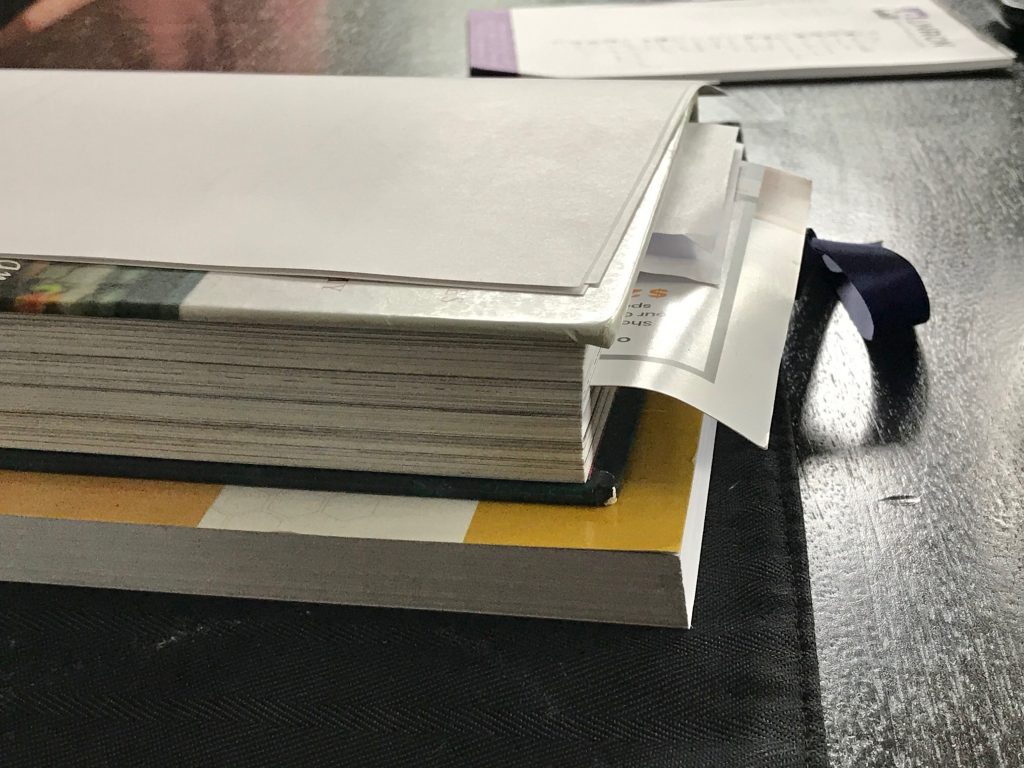This has actually been something mentioned in multiple medical/body books I’ve read of late: that CPR has a distressingly low rate of success.

I guess prior to reading these books, I had thought that CPR was a pretty reliable life-saving maneuver! I mean, it’s a technique taught to even non-medical people.
(And I am not alone; the majority of people overestimate CPR’s success rates.)
So, I was surprised to see that survival rates after CPR is attempted are fairly dismal.
And after reading these books, I have definitely decided that if I ever have a terminal disease or become very old, I would like to have a DNR order in place. It would seem like a rather pointless intervention at that juncture in my life.
Like, if death is basically a foregone conclusion, just let me go without first breaking my ribs and shocking me.
I learned that the ZIP file format was started because of a huge lawsuit between two very small programming companies back in some of the early days of being online. Before ZIP there was the ARC file format, developed by SEA. PKARC was released by Phil Katz of PKWARE which utilized a more optimized version of the source code of SEA’s ARC (publishing source code was commonplace in those wild west days of computing.) After the dust settled and PKWARE settled out of court Katz and another programmer created PKZip and the ZIP file format. As a final middle finger to SEA he declared the ZIP file format to be an open format that anyone could use.
So the ubiquitous ZIP file that we use daily came about because a guy lost a lawsuit and wanted to figuratively burn the place down on his way out.
What’s this all about?
If you have 17 minutes to spare, this is a fascinating story.
https://www.youtube.com/watch?v=lu7sY1LOWiI
Thank you! It’s amazing to learn stuff like this!
Here is the problem with being told you have a terminal illness—sometimes the docs are wrong or miracle drugs become available. My husband, at 28, was told he was a goner from cancer; I saw one of his doctors, who was a friend, crying in the hallway after coming out of my husband’s room. If that does not convince you someone is going to die, nothing will! That month, my husband was given a new drug that changed the death rate from his kind of cancer from over 90% to less than 20%. The doctor who used it had just finished his rotation at Sloan Kettering and moved to Alaska, and he had worked with this drug when no one local had really heard of it. My husband just turned 73.
I think a few things are being confused here. If you have a DNR or advance directive, it certainly doesn’t mean you are not going to receive the very best of care along the way! No one will stop trying to cure a young person’s cancer, euthanize you, ignore your other conditions, or anything like that! Please read the actual paperwork and talk with your professionals (medical AND legal)!
I was responding to her comment about having a terminal illness, not DNRs. I agree, having a DNR is critical to not ending up in a situation you don’t want to be in.
DNR, advance directives, and bystander CPR aren’t really related much, though. If any readers of ANY age don’t already have some kind of advance directive in place, do it NOW. It’s free and easy. Just search the internet or ask your MD or hospital. Get copies to your health care providers and your loved ones. You can carry a card or wear a bracelet or necklace, too. People of any age and health status get sick and have accidents every day where they can’t make their wishes known. You can pick from all kinds of choices (“keep me alive at any cost, even if I will be in a permanent vegetative state” to “just keep me comfortable and let Nature take its course” and everything in between. Don’t wait on this. From an old RN who has seen what happens.